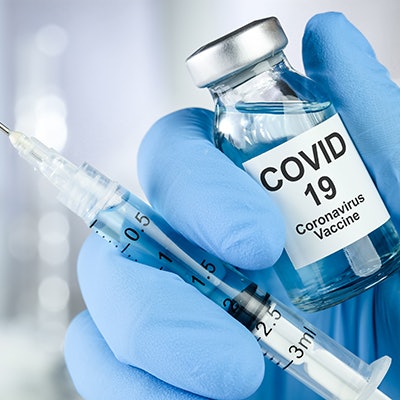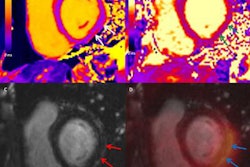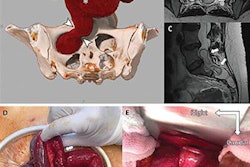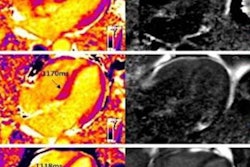
Researchers from the U.S. Centers for Disease Control and Prevention (CDC) found that more than 70% of people younger than 30 who developed myocarditis after receiving an mRNA COVID-19 vaccine also had abnormal cardiac MRI results. The findings were published January 25 in the Journal of the American Medical Association.
The results highlight the fact that, although the COVID-19 vaccine offers public health benefits, its risks should be taken into account, especially in particular subgroups of people, wrote a team led by Dr. Matthew Oster of the CDC.
"[We found that] the risk of myocarditis after receiving mRNA-based COVID-19 vaccines ... increased across multiple age and sex strata and was highest after the second vaccination dose in adolescent males and young men," the group wrote.
As a large-scale COVID-19 vaccination program rolled out in late 2020, the CDC began to track any adverse events that occurred in those who were vaccinated, including myocarditis and pericarditis, in the Vaccine Adverse Event Reporting System (VAERS).
Oster and colleagues sought to better understand myocarditis incidence after mRNA-based COVID-19 vaccination. They used VAERS data from between December 2020 and August 2021, including information from 192.4 million Americans older than 12 who received either the Pfizer-BioNTech or the Moderna COVID-19 vaccines.
The team compared actual myocarditis rates found in the VAERS data to expected rates (calculated by 2017 to 2019 insurance claims data) by age and sex of the patients.
Out of the 192.4 million individuals who received a COVID-19 vaccine, 1,626 reports indicated myocarditis. Median age of those with the condition was 21 and median symptom onset was two days postvaccination, the group found. Most of the myocarditis cases (82%) were males.
The team found that myocarditis rates were highest in the following subgroups:
- After the second Pfizer vaccination dose in boys between 12 to 15 (70.7 per million doses of the Pfizer vaccine)
- After the initial Pfizer dose in boys between 16 to 17 years (105.9 per million doses of the Pfizer vaccine)
- In young men between 18 and 24 years (52.4 per million doses of the Pfizer vaccine and 56.3 per million of the Moderna vaccine)
The team identified 826 cases of myocarditis in individuals younger than 30. Of these cases, 72% had abnormal results on cardiac MRI scans, 72% had abnormal electrocardiogram results, and 98% had elevated troponin levels.
"[The] onset of myocarditis symptoms after exposure to a potential immunological trigger was shorter for COVID-19 vaccine-associated cases of myocarditis than is typical for myocarditis cases diagnosed after a viral illness," the group noted. "Cases of myocarditis reported after COVID-19 vaccination were typically diagnosed within days of vaccination, whereas cases of typical viral myocarditis can often have indolent courses with symptoms sometimes present for weeks to months after a trigger if the cause is ever identified."
The findings don't necessarily indicate that incidence of myocarditis is dramatically higher among those vaccinated for COVID-19. But the way the condition plays out is different in these individuals, so it's important to keep a possible connection between the vaccine and myocarditis in mind, according to Oster and colleagues.
"[The risk of myocarditis] should be considered in the context of the benefits of COVID-19 vaccination," the group concluded.





















